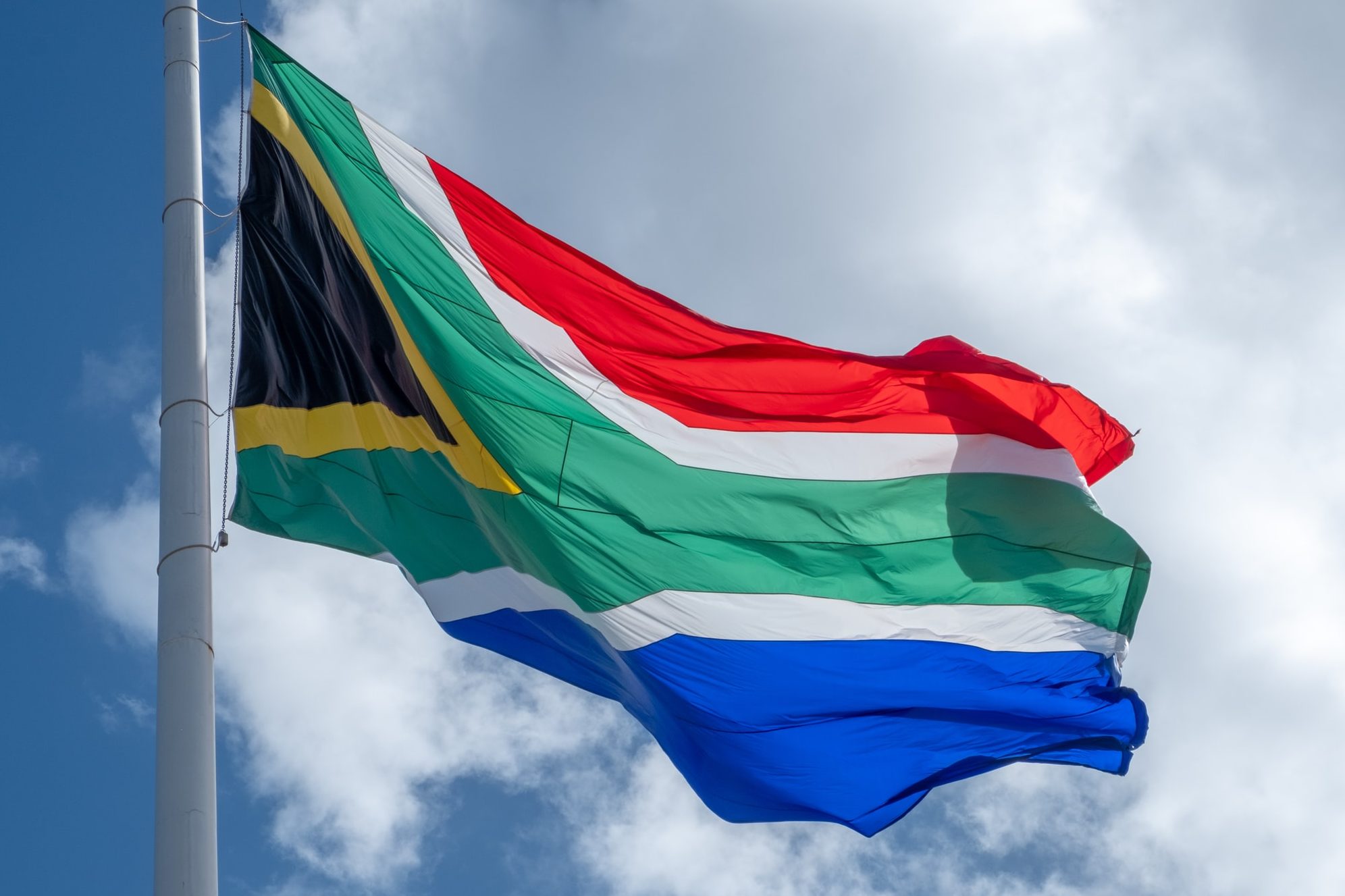
On Nov. 1, South Africa held municipal elections with over 300 parties and 60,000 candidates running across 257 municipalities. The outcome of this election proves that the African National Congress is losing support amongst the electorate.
The municipal elections run on a mixed-member electoral system. Half the seats are filled through proportional representation where parties receive seats based on the percentage of the votes they earned. The other half of the seats are chosen through a constituency system where the candidate who garners the most votes earns the seat in that given ward.
Since 1994, the African National Congress has held the majority, but that changed with this election cycle as the ANC only earned 46% of the vote. Now, there is room for other parties to grow. The second-place party was the Democratic Alliance with about 22% of the vote share.
They are the ANC’s biggest opposition. But their history proves to be just as malice as the ANC’s. In May of this year, Mmusi Maimane, former leader of DA, and the only ever Black leader told The Africa Report that he resigned as leader and as a member because “the DA today wants to pursue [white right-wing] Freedom Front Plus voters to consolidate minorities again”.
The two parties, ANC and DA, made up 66% of the total vote share in the 2021 municipal elections. With both parties facing issues of their own, corruption and white supremacy respectively, the county has a tough battle to rebuild its democracy.
In an effort to show their contempt, voters have protested the polls in the latest municipal election in November of this year. Not only have voters decided to not show in the most recent election, but voter turnout has been declining since 1999. People cited multiple reasons for not showing up in the November municipal elections.
Lack of infrastructure providing necessary resources, homelessness, and effects of COVID-19 are all contributing factors and how their government has had little help in fixing these issues. Voters see no reason to show up at the polls and vote for when they have only seen their country decline. Infrastructure in cities is neglected the most and with more than 60% of people residing in urban areas, the future voter turnout will prove to decline.
Under the control of the ANC, unemployment hit an all-time high in 2002 at 33%. It dropped in 2008 but has been steadily rising since with no signs of stopping. Not only has unemployment increased, but the income received by South Africans has also dropped since 2015.
Young people have been looking to the drug trade for economic support which has since created gang violence in Cape Town, so much so the army was deployed in 2019 to deescalate the situation. The ANC had promised Black South Africans support and equality but have proven to let their people downtime and time again. The party can no longer sustain their efforts of talking about reform while they are riddled with corruption and making no progress in providing tangible support to their people.
Not only does there need to be a new party in power, but people need to see their democracy is worth fighting for. A lack of voter turnout in the 2021 elections only further harms the country, but they are using this as a form of protest which in the end is not as effective as one may think. Voter participation is the sign of a healthy democracy.
Photo by Den Harrson, “South-African national flag in the wind with cloud in the back” (Unsplash), Creative Commons Zero license.

0 Comments